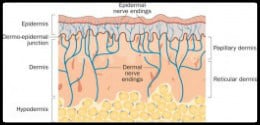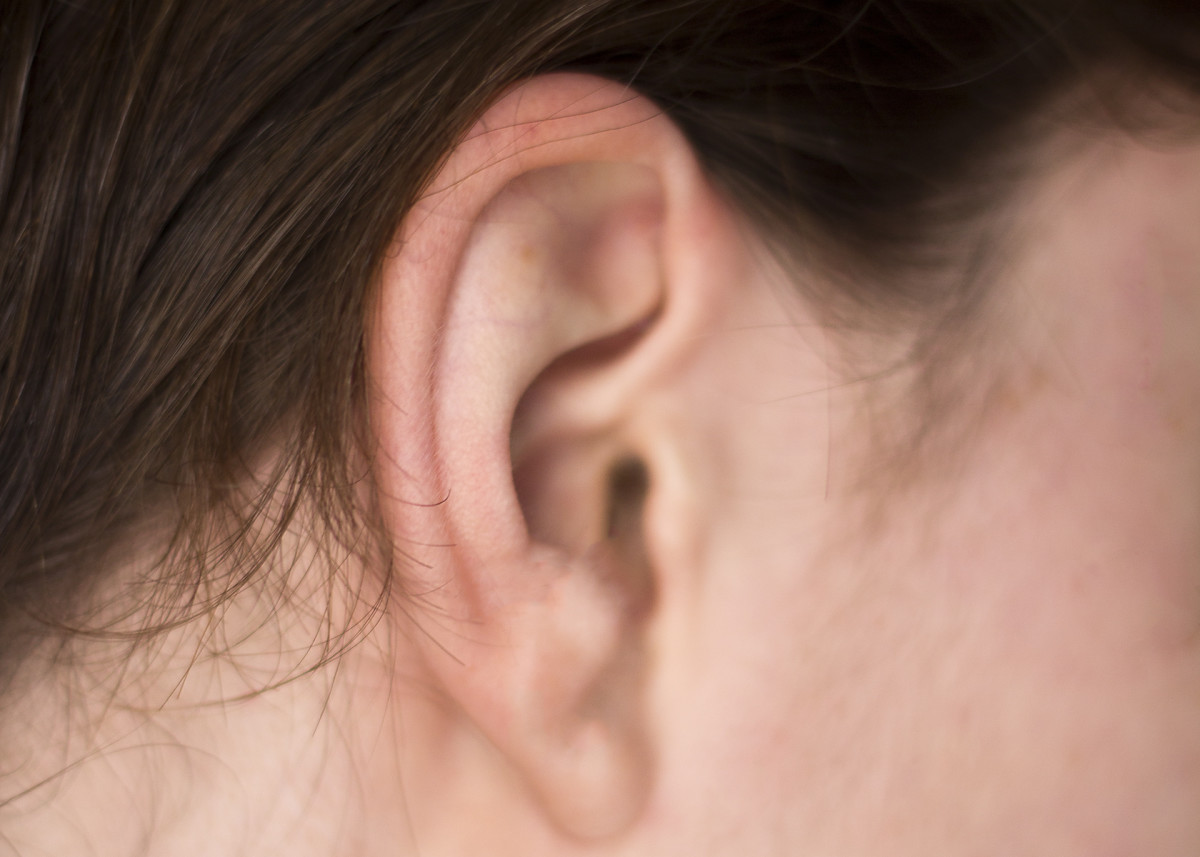Soothe Itchy Skin

Sunburn, bug bites, poison ivy: here’s how to end these skin miseries.
Itchy skin is common in summer. Here’s how to ease the discomfort.

The Basic Facts
Certain allergic reactions or irritations from a substance can cause inflammation. Set off by the body’s release of chemicals called histamines, this can activate nerve endings that signal the brain’s cortex to interpret the event as an itch. Scientists believe that scratching or rubbing the area relieves the itch by damaging these nerve endings, which temporarily disrupts the “itch” message.
What To Look For
Many things can set off an itch:
- Too much chlorine or salt water can strip natural oils from the skin, causing it to dry out, which triggers itching.
- Sweating cools us via evaporation of sweat, but as this happens, the skin dries out and itchiness can ensue.
- Heat can cause an inflammatory rash called miliaria rubra (heat rash), which occurs when dead skin cells block sweat glands, trapping sweat.
- Bug bites and poison ivy, oak and sumac all can trigger severe itching.
- Sun exposure causes some people to develop itchy hives – a condition called solar urticaria.
Simple Solutions
To prevent or soothe summer itching, Beauty Rx:
- Apply a moisturizer with ingredients like glycerin, petrolatum or urea when you come out of the pool, ocean, shower or bath. To soothe itching, look for moisturizers with pramoxine (PrameGel) and menthol.
- Use an exfoliant like an alpha-hydroxy (AHA) lotion or even a washcloth to regularly slough off dead cells to help prevent heat rash. If you do develop one, apply a mild, over-the-counter 1 percent hydrocortisone cream.
- Use an insect repellent with the chemical DEET before walking in the woods, and wear clothes that cover your entire body. Learn what poison ivy, oak and sumac plants look like, and avoid them. Take a shower immediately after a hike to remove any plant oils.

- If the sun causes your skin to develop hives, try taking an antihistamine before going out and protect yourself with both sunscreen and appropriate clothing.
- See a dermatologist if the condition doesn’t improve. He or she can prescribe steroids to calm itching.
What Works
Since itching is associated with so many deleterious conditions, it can be viewed as an alarm or warning to stay out of the sun, to avoid stinging insects, to moisturize the skin – in short to take better care of ourselves. The first thing to do is to identify the source of the itch. Your skin is your best friend, so treat it well.








